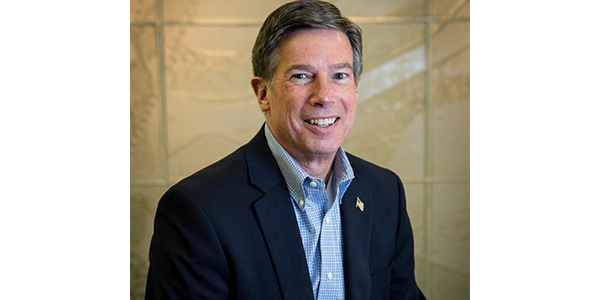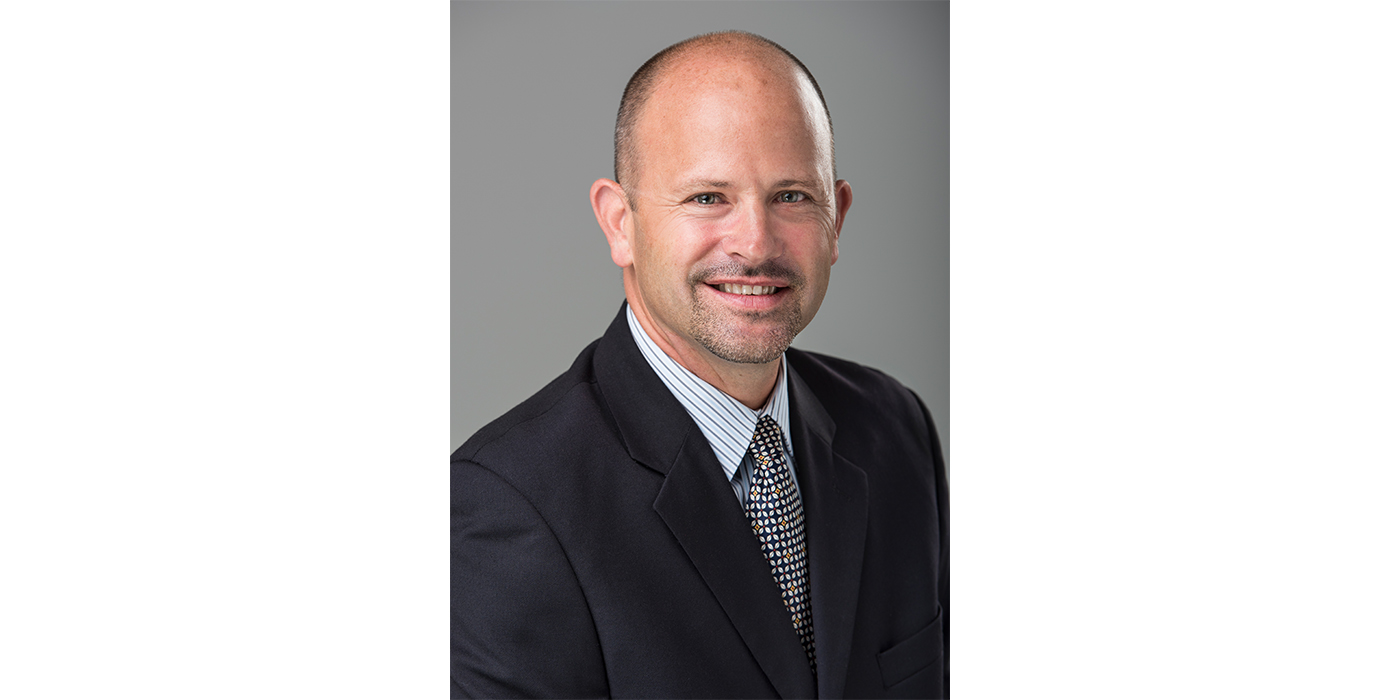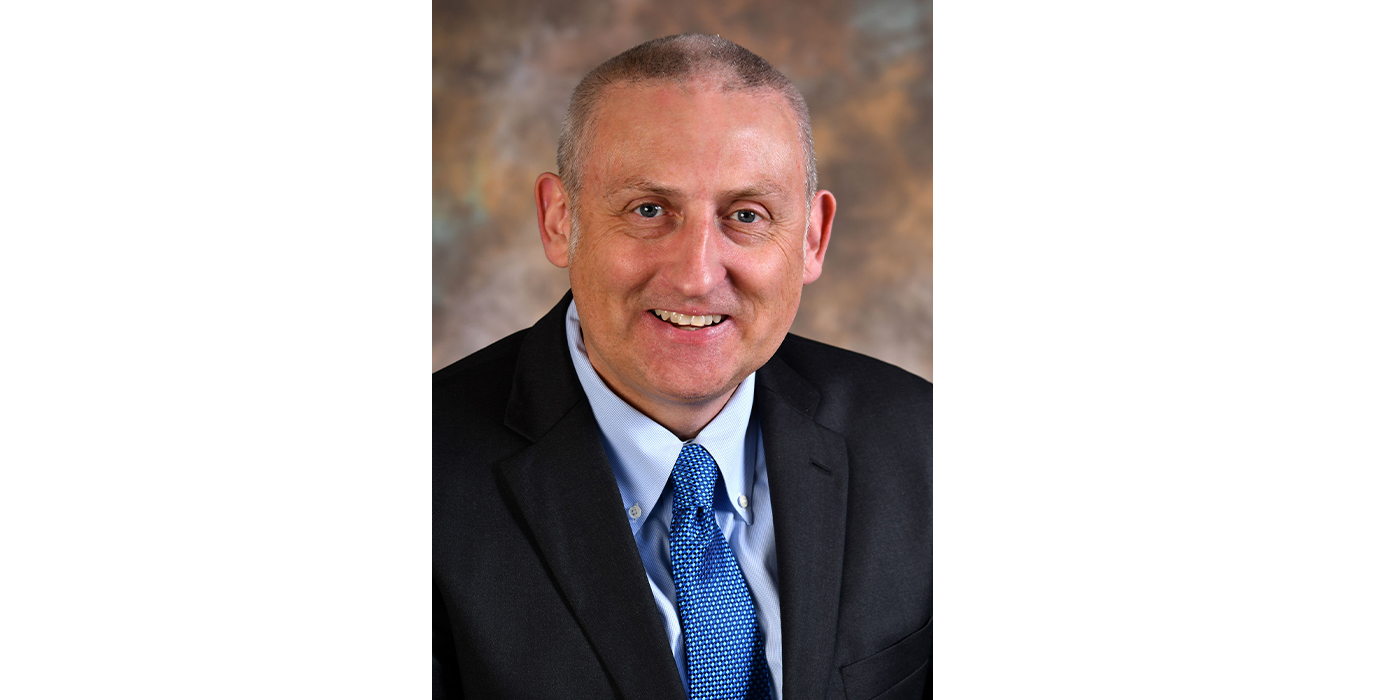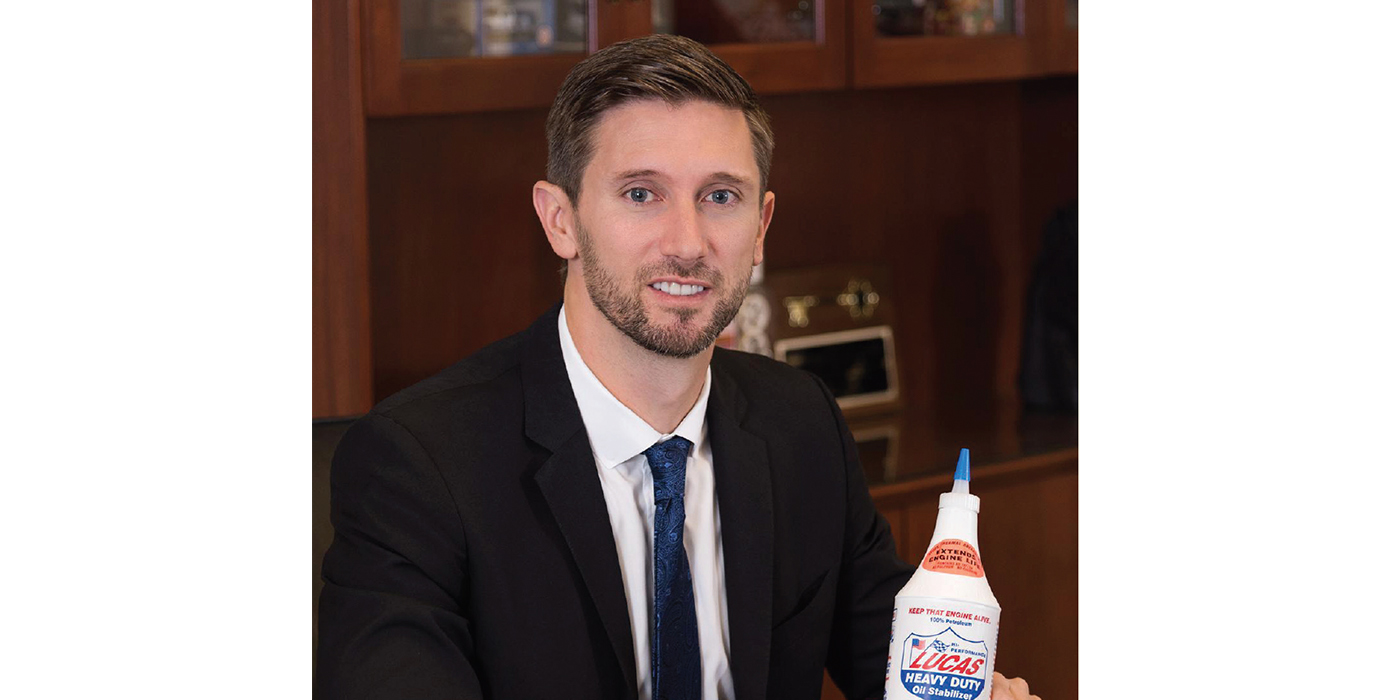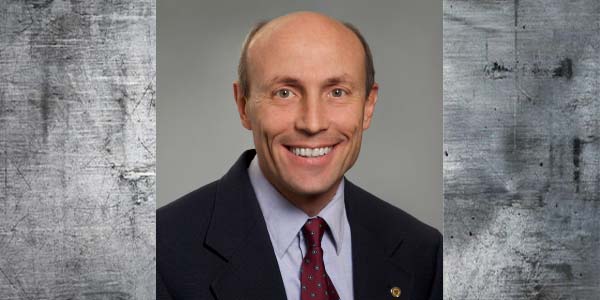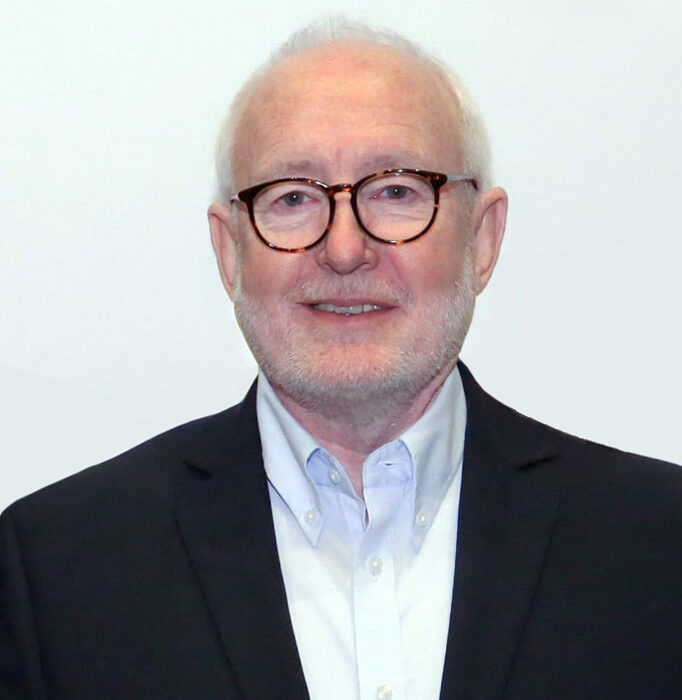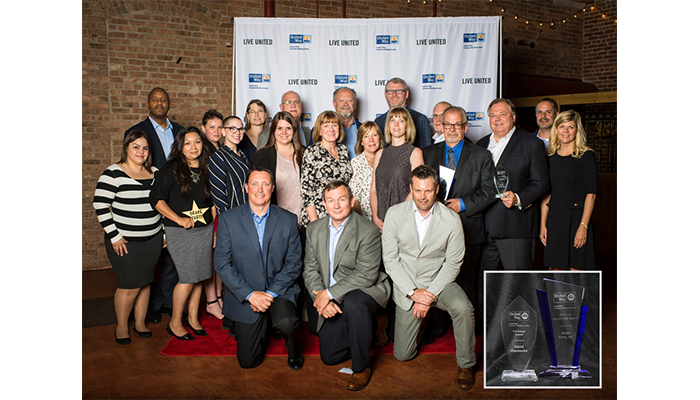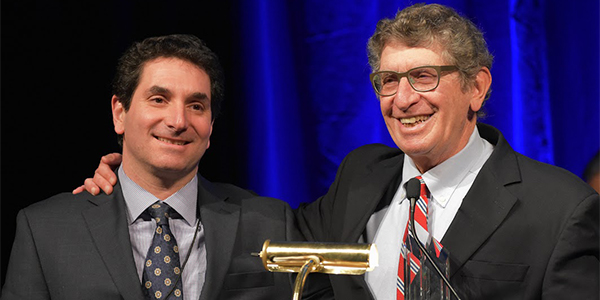As a presenter for the University of the Aftermarket at Northwood University, Rick Guirlinger has developed a strong fan base of aftermarket execs who appreciate his ability to take highly complex economic concepts and translate them into easily understandable, real-world scenarios. For this very reason, we reached out to Rick for some practical advice on how those of us who are not experts in finance and economics can gain a better understanding of the fundamentals. We also talked about some of the global and national market trends impacting all businesses today.
As Guirlinger explains it, it’s not just about reading complex financial documents. Much more about a company’s overall financial stability and future growth prospects can be gleaned by taking a step back and looking at some key trends.
“Probably the best report given out by a public company right now is O’Reilly because of the detail that’s provided in terms of where they are at, and where they are headed. They’ve been really good at describing what their business is, and what they believe are the key elements driving their business. They’ll talk about miles driven and the other metrics that they follow. In a lot of cases those metrics are not that difficult to comprehend because they put a value to it. Miles driven, employment rate, GPD. [These are] things people should be familiar with in their normal lives. If you’ve got a 401(k), you know there is something going on economically,” Guirlinger said.
“It’s one thing to get information about a company [from financial reports], but at the same time, just knowing information about where the industry is headed is going to give you a sense of things taking place within the industry,” he said. “If you look at the core groups in the industry … there are manufacturers, distributors, service providers, collision … you can see some trends going on with certain types of companies and then within the sector, if you will. If someone watches that, they can say, ‘Well, I’m in charge of purchasing, I’m in charge of talent, sales’ etc., and can ask themselves: ‘Are we moving forward? Are we hiring new people? Are we changing our technology?’
“It’s a tough one to say for a non-financial person, how do you get a good sense of the numbers? You don’t need to look at hundreds of charts and all that type of stuff. If the industry is growing at 3.5% to 4% a year, then that gives you an indication that, ‘OK, our company needs to be at least at the pace of the industry. And if we’re not, does that mean we’ve lost market share? Are we in a market that’s not growing because there’s a population change?’ There are certain things that don’t have to be financial – where you are looking at dollars and cents – to get an indication of where potential for a market is or where you are lagging behind and what’s the cause for it,” said Guirlinger.
Guirlinger also is skilled at being able to see the potential upsides to what on the surface may look like dire situations for the market. Take, for example, the recent coronavirus scare that has led to the cancellation of the Geneva Motor Show in Europe and is causing supply chain concerns for automakers across the globe.
“In my experience the aftermarket has been relatively anti-recessionary. If things blow up, and people tend to not buy new cars, they’ll repair what they have – which is good for the industry,” he explained. “What unfortunately becomes what I consider the bellwether is if oil prices go up and people stop driving. That is what is more damaging. So, when you go out to California and gas prices get up over $5 a gallon, people stop driving. In other states, it may be a $4 hurdle, but we really shouldn’t have that ahead of us because we’ve got enough oil in our country, being a producer now. Unless there’s an outlier like a plant, a refinery, going offline, we’ve got plenty of oil. Or there’s an act of terrorism that tears up our supply chain. Well, the automotive aftermarket isn’t the only thing that would be affected. But what is interesting is that with the coronavirus some are speculating that people are not going to take an airplane; they are going to drive to get where they need to be. So, in some ways this could be better for us in terms of selling parts and tires etc., because people will drive more miles. That could be a benefit coming out of this instead of looking at it as a disaster happening.
“What I look at, from an economic standpoint, is if the coronavirus causes plants in our country to cut back product and not do much, then all of a sudden people start getting laid off, they don’t have as much money, they stop buying. But, normally, when the economy contracts, people still want to go various places, they still need to get where they need to go for work, play, normal living, and so normally it’s always been a benefit when there have been fewer new-car sales. People hold their cars longer and repair them,” Guirlinger pointed out.
The Curriculum
We also asked Guirlinger for some suggestions on what he would consider key curriculum for someone wanting to expand their understanding of business and finance. He enthusiastically shared three of his favorites, which he called “the bibles,” he uses in his classes and as personal reference:


